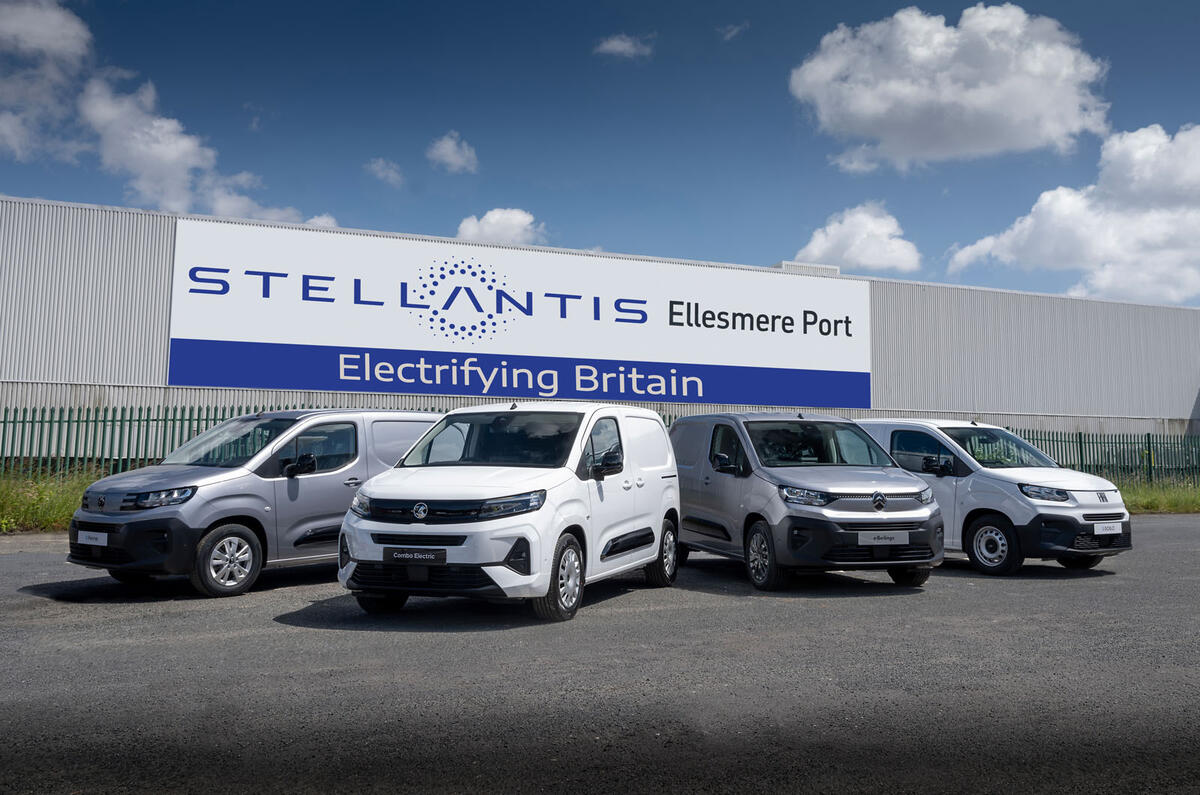Stellantis UK boss Maria Grazia Davino has warned that the company could stop building vehicles in the country if the government’s electrification initiatives create a “hostile” trading environment.
Speaking at the Society of Motor Manufacturers and Traders’ annual summit in London, Davino cautioned against the existential threat posed by measures such as the Zero-Emission Vehicle (ZEV) mandate and proposed 2030/2035 bans on the sale of new combustion-engined cars.




Add your comment